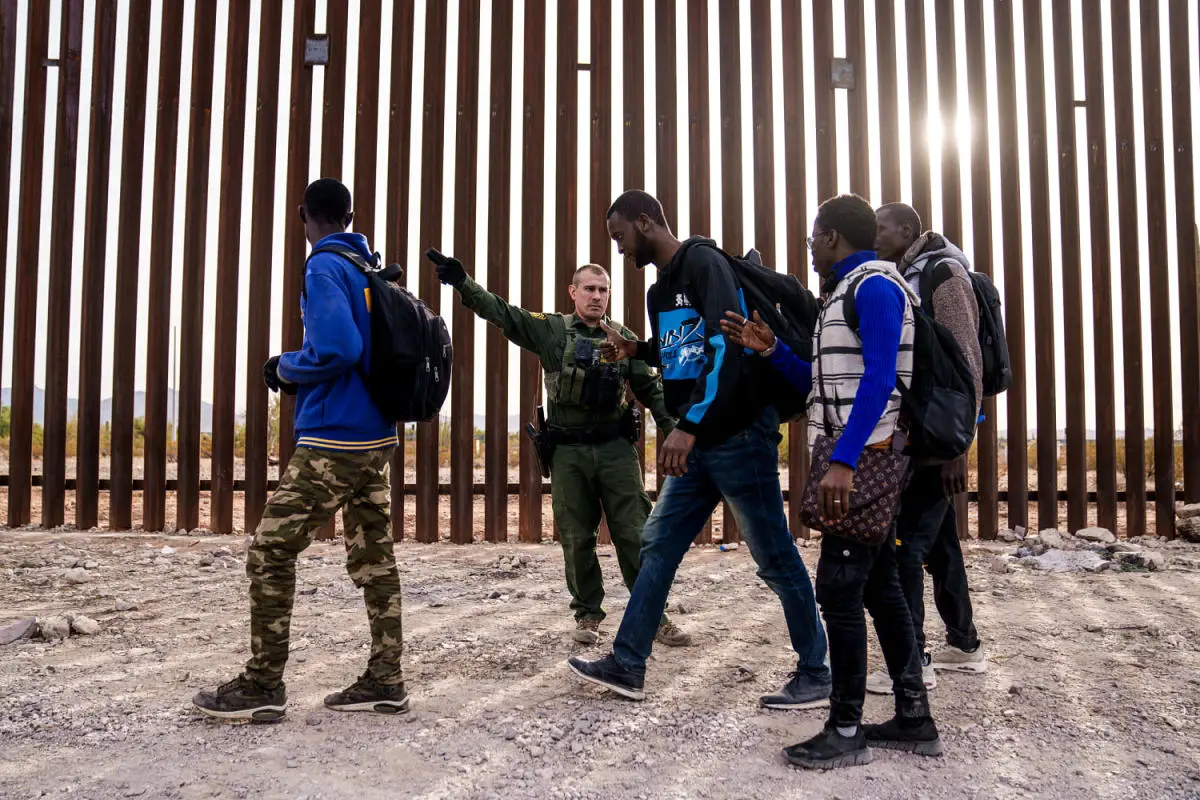Arizona voters approved a controversial ballot measure that will give state and local law enforcement greater authority to enforce immigration-related laws typically left to the federal government, NBC News projects.
With immigration emerging as a central issue this election cycle, the vote is a victory for conservatives who have long argued the federal government isn’t giving the state the resources or help it needs to protect the border and deter crossings by undocumented migrants. But the change faced fierce criticism from those who believe it will negatively harm the state’s reputation and prompt discrimination, particularly against Hispanic residents.
The lengthy ballot measure makes a number of changes to state law related to immigration. It makes it a state crime for a migrant who is in the country illegally to submit false information to apply for a job or a public benefit; enter the state from a foreign country outside of a lawful port of entry; or refuse to return to their home country if required to do so by a court. The measure also requires a court to kick out migrants convicted of illegal entry, allowing state and local law enforcement to deliver them to federal custody.
While much of that is already illegal under federal law, these changes would allow state and local police officers, as well as courts, to take these matters into their own hands amid Republican clashes with the Democratic White House over immigration and border security.
The measure also makes it a specific crime to sell fentanyl that causes a death, and it shores up the use of E-Verify, the federal database that checks whether someone is eligible to work in America.
Arizona’s GOP-controlled Legislature voted to place the measure on the ballot, using a procedural quirk that allowed it to sidestep the need for approval from Democratic Gov. Katie Hobbs, who opposes the changes. It quickly divided candidates on the ballot in Arizona, most notably in the Senate race, where Republican Kari Lake supported the measure and Democratic Rep. Ruben Gallego opposed it.
While the ballot measure’s supporters have long argued for the need to make immigration law stricter, Republicans also hoped that the measure could help boost GOP turnout.
While the measure is now set to become law with voters’ approval, it’s expected to face legal challenges. A similar measure in Texas has been held up amid lawsuits. And Arizona’s controversial attempt to enact stricter immigration laws in 2010 was partially blocked by the Supreme Court in part because the court found that federal immigration law pre-empted much of the legislation.
This article was originally published on NBCNews.com


Leave a Comment